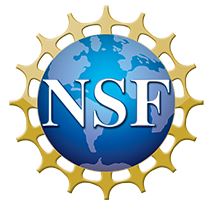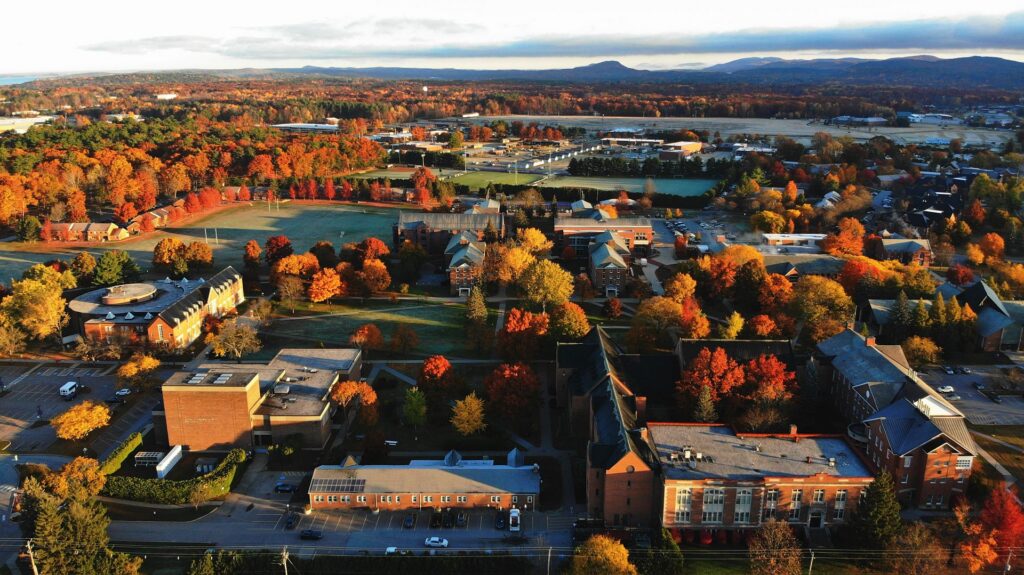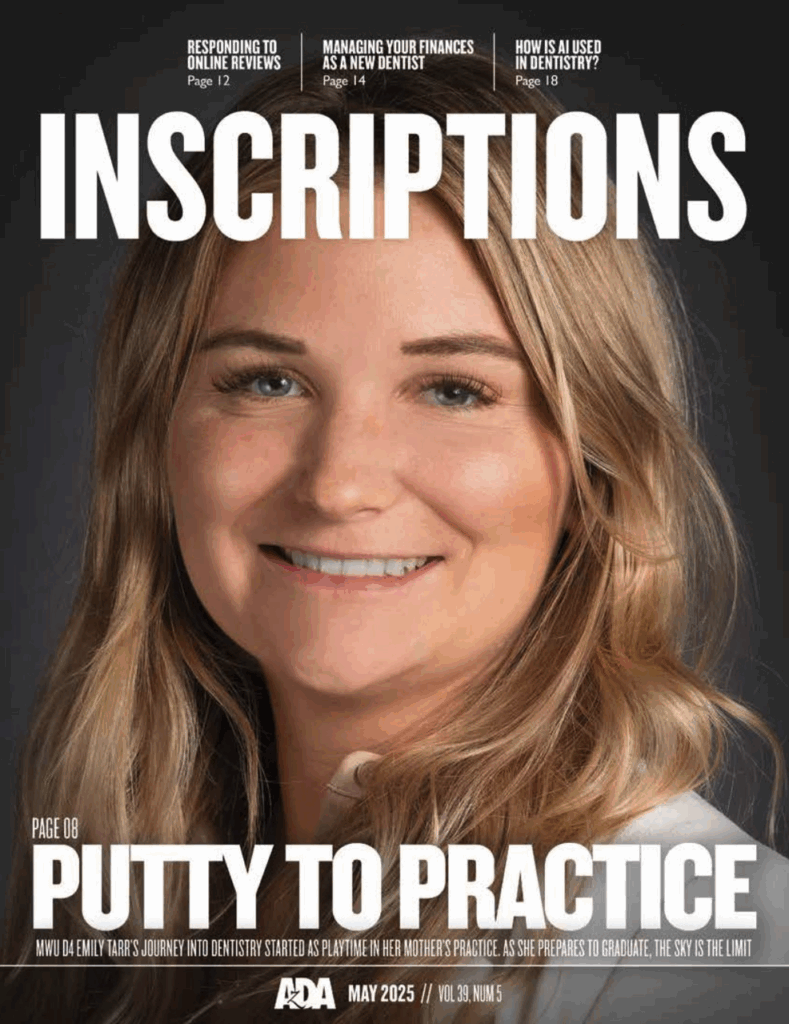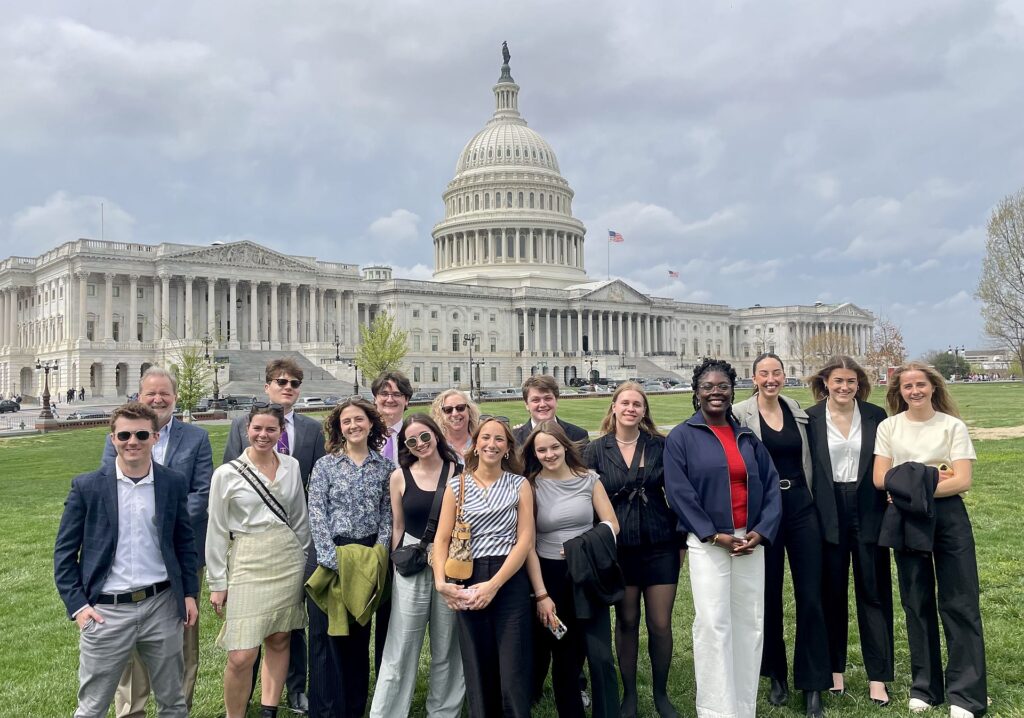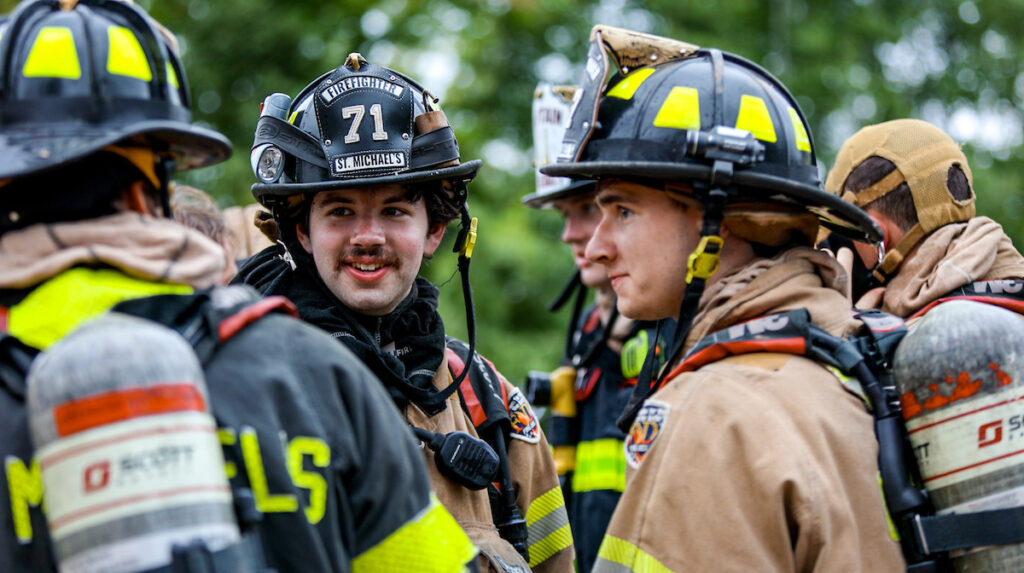 Three Saint Michael’s College professors learned this week that their research into Vermont stories about restorative justice and response to the COVID-19 pandemic will receive funding for five years as part of the $20 million National Science Foundation (NSF) grant that they applied for with colleagues from the University of Vermont and several other institutions.
Three Saint Michael’s College professors learned this week that their research into Vermont stories about restorative justice and response to the COVID-19 pandemic will receive funding for five years as part of the $20 million National Science Foundation (NSF) grant that they applied for with colleagues from the University of Vermont and several other institutions.
Professor Krista Billingsley (criminology/anthropology) is Principal Investigator (PI) for the Saint Michael’s group within the overarching project called “RII Track-1: Harnessing the Data Revolution for Vermont: The Science of Online Corpora, Knowledge, and Stories (SOCKS).
In that lead role among the Saint Michael’s trio, Billingsley will oversee the project and focus on stories of community related to restorative justice, while Professors Candas Pinar (sociology) and Patricia Siplon (political science/public health) will focus on stories of community related to COVID-19 mitigation measures.
These Saint Michael’s faculty will each receive five years of funding that will include three student research assistants for each year from 2023 through 2028. Their Saint Michael’s based research, “Stories of Community in Vermont,” investigates the relationship of Vermonters’ sense of community to their participation as volunteers in state-led processes of restorative justice and their response to the COVID-19 pandemic.
Billingsley is director of criminology and assistant professor of anthropology and criminology. Siplon is professor of political science and director of the College’s public health major; Pinar is assistant professor of sociology.
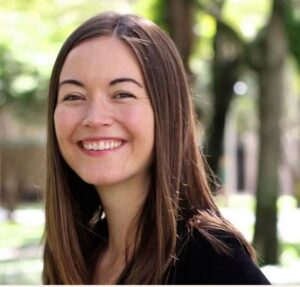
Krista Billingsley
A cooperative effort
According to a press release, this week Vermont’s Congressional Delegation announced that the University of Vermont (UVM) would receive a $20 million award through the National Science Foundation (NSF)’s Established Program to Stimulate Competitive Research (EPSCoR) program.
The award will support continued data science research through the Harnessing the Data Revolution for Vermont: The Science of Online Corpora, Knowledge, and Stories (SOCKS) – a joint initiative of UVM, Champlain College, Middlebury College, Norwich University, Vermont Technical College, and Saint Michael’s College.
Senator Bernie Sanders (I-VT), Senator Peter Welch (D-VT) and Representative Becca Balint (D-VT) released the following statement:
“Vermont colleges and universities are at the forefront of data science, pursuing groundbreaking research to help us better understand the world around us. The work happening at institutions across Vermont to complete the Harnessing the Data Revolution for Vermont: The Science of Online Corpora, Knowledge, and Stories project exemplifies that commitment.
With this $20 million award from the National Science Foundation’s EPSCoR program, the University of Vermont and its partner institutions will be able to strengthen and grow Vermont’s capacity for data science research and provide important information on the state of our world.

Trish Siplon
We congratulate the awardees — UVM, Champlain College, Middlebury College, Norwich University, Vermont Technical College, Saint Michael’s College — and we thank the National Science Foundation for their work to bring this important funding to Vermont.”
Language from the NSF Award Astract about the overarching project, of which the Saint Michael’s work is part, provides more detail about the goals and rationale behind the work:
“SOCKS will advance initiatives grounded in principled theory and methods through the quantitative measurement of sentiment and stories across a diverse portfolio … New insights into the power and use of stories and narratives will be provided across a broad array of social, economic, and health domains through integrated data and teams.

Candas Pinar
“Stories are fundamental to how people comprehend, explain, and potentially shape their lives, the lives of others, and the world around them. Yet despite the power of stories, academic interest across many disciplines, and abundant online text-based corpora [the word means a collection of texts or text abstracts], a commensurate and accessible scientific platform for the measurement of stories that can support economies and communities, shape regional business strategy, and inform public policy is lacking. Building on the existing research infrastructure designed to measure and describe the shapes of stories within specific domains through meaning, characters, events, and narratives, new tools will extend … analysis to the study of story-arcs and plots, and to apply theory-driven analysis to the study of stories and characters.
“Impacts from these data instruments will describe stories in an array of spaces including literature, mental health, public health, climate change, local and regional news media, immigration, and social media to discover plot lines, sentiment, new angles for digital marketing, and conspiratorial or misinformation campaigns.”

For all press inquiries contact Elizabeth Murray, Associate Director of Communications at Saint Michael's College.
